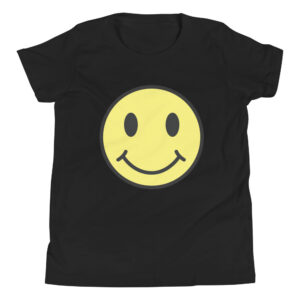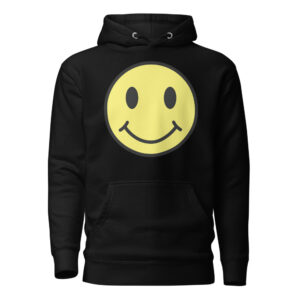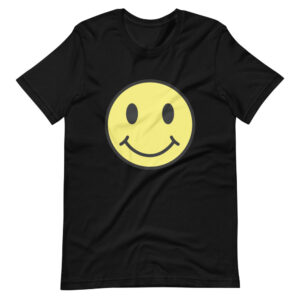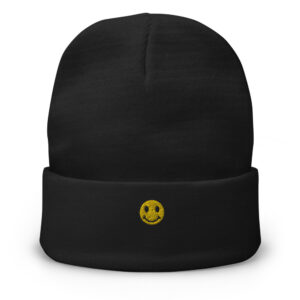How Choosing Sustainable Fashion Makes a Difference
In recent years, sustainable fashion has become more than just a buzzword. It has evolved into a significant movement influencing the way we produce, purchase, and wear clothing. As consumers grow more environmentally conscious, the fashion industry is undergoing a transformation. But what does sustainable fashion really mean, and how is it impacting both the industry and consumers?
Understanding Sustainable Fashion
Sustainable fashion refers to clothing that is produced in an environmentally and ethically responsible manner. This involves considering the entire lifecycle of a garment, from design to disposal, with an emphasis on reducing waste, conserving resources, and ensuring fair labor practices. Unlike fast fashion, which emphasizes cheap, disposable clothing, sustainable fashion seeks to create long-lasting pieces that minimize environmental harm.
The shift toward sustainability is driven by growing awareness of the environmental impact of fashion. The industry is one of the largest polluters in the world, responsible for significant water consumption, greenhouse gas emissions, and textile waste. Sustainable fashion aims to reduce this impact through eco-friendly materials, responsible production methods, and a commitment to ethical labor standards.
Key Elements of Sustainable Fashion
There are several key aspects that define sustainable fashion:
- Eco-Friendly Materials: Many sustainable brands use organic or recycled fabrics that require less water and energy to produce. Materials like organic cotton, bamboo, and recycled polyester are becoming more common as alternatives to traditional textiles.
- Fair Trade Practices: Ethical production involves ensuring that workers are paid fairly and work in safe conditions. Sustainable brands prioritize transparency and often partner with fair-trade certified factories.
- Reduced Waste: From upcycling old fabrics to designing pieces that generate minimal waste, sustainability is about creating a circular fashion system. Some brands encourage customers to recycle or donate old clothes, reducing the amount of textile waste in landfills.
- Longevity and Quality: A key principle of sustainable fashion is creating clothing that lasts. By producing durable, high-quality garments, brands encourage consumers to invest in pieces that they will wear for years, reducing the need for constant replacements.
The Role of Consumers in Sustainable Fashion
While the fashion industry plays a large role in promoting sustainability, consumers are equally responsible for driving this movement forward. Shoppers are becoming more mindful of their purchasing decisions, opting for quality over quantity. Many are choosing to support brands that align with their values, leading to the rise of eco-friendly labels and a decline in fast fashion purchases.
Consumers are also embracing a more minimalist approach to fashion. Capsule wardrobes, which consist of a few versatile, high-quality pieces, are gaining popularity as a way to reduce waste and simplify daily choices. By focusing on timeless, well-made garments, individuals can reduce their environmental impact without sacrificing style.
How Brands Are Adapting
To meet the growing demand for sustainability, many brands are rethinking their production methods and supply chains. Major retailers are launching eco-conscious lines, while smaller brands are positioning sustainability at the core of their business models. This shift not only reflects changing consumer values but also the industry’s recognition that sustainability is no longer a trend—it’s a necessity.
For brands, adopting sustainable practices can also provide a competitive edge. With consumers increasingly prioritizing sustainability, companies that fail to adapt may find themselves falling behind. Brands that are transparent about their sourcing, manufacturing, and environmental impact are more likely to build trust and loyalty among their customer base.
Building a Greener Wardrobe with Sustainable Fashion
Sustainable fashion is more than just a trend—it’s a movement that’s reshaping the future of the fashion industry. As consumers continue to demand eco-friendly, ethically produced clothing, brands are stepping up to the challenge, creating high-quality garments that minimize harm to the environment and support fair labor practices. By embracing sustainable fashion, both brands and consumers can contribute to a more ethical and environmentally responsible future.






